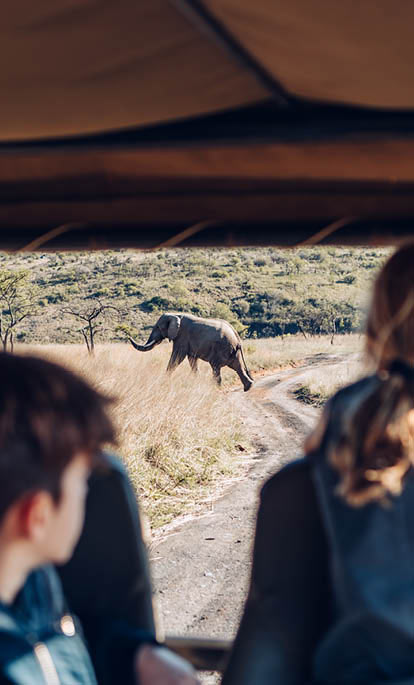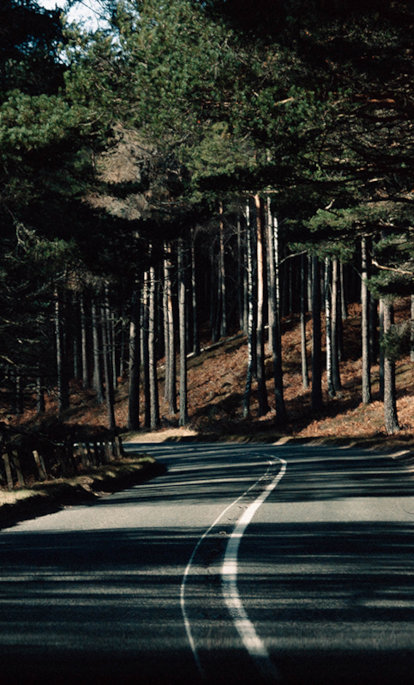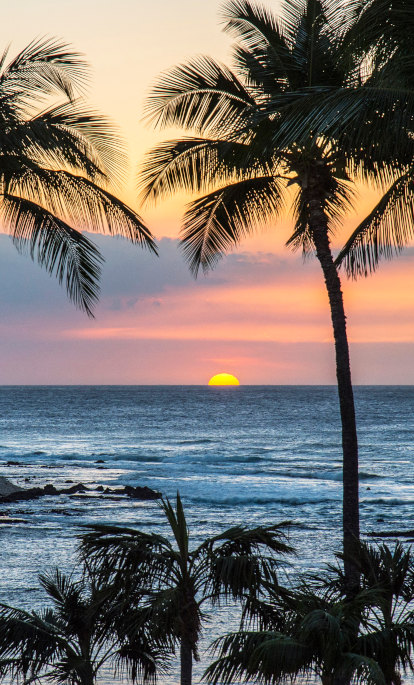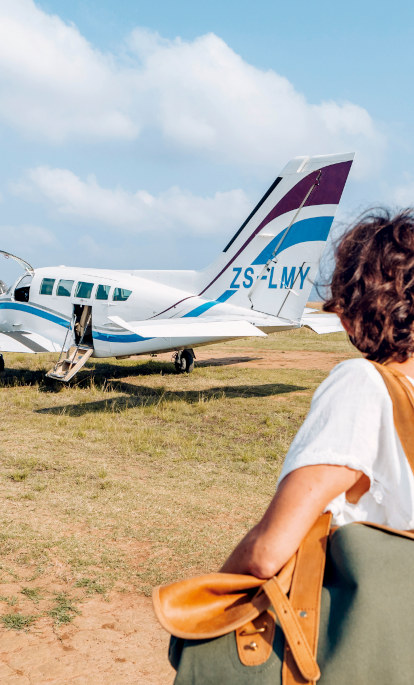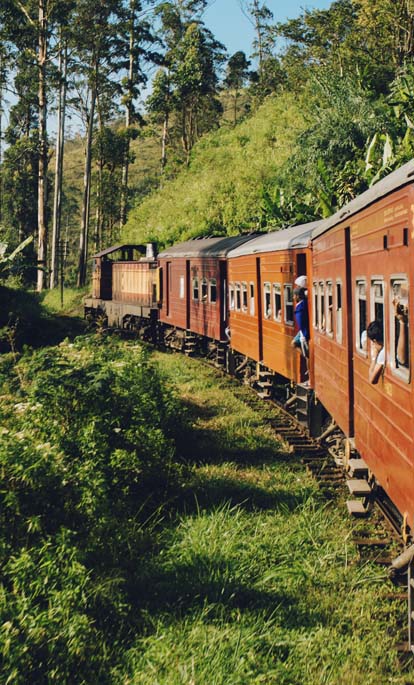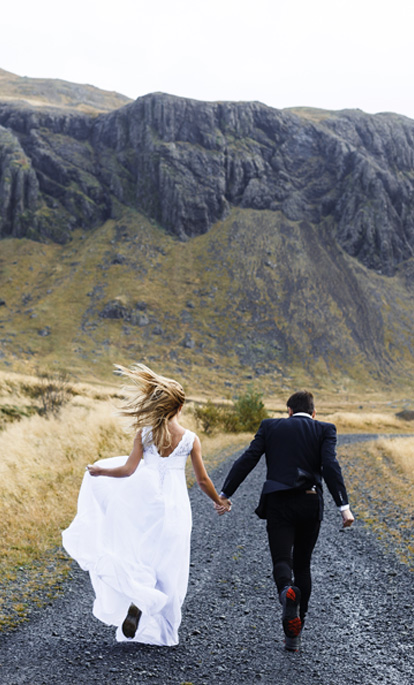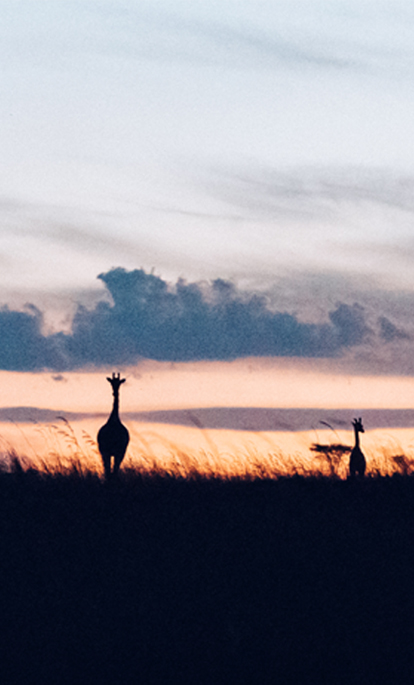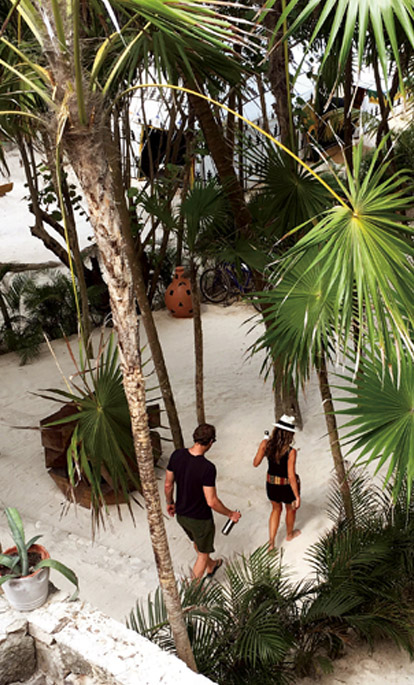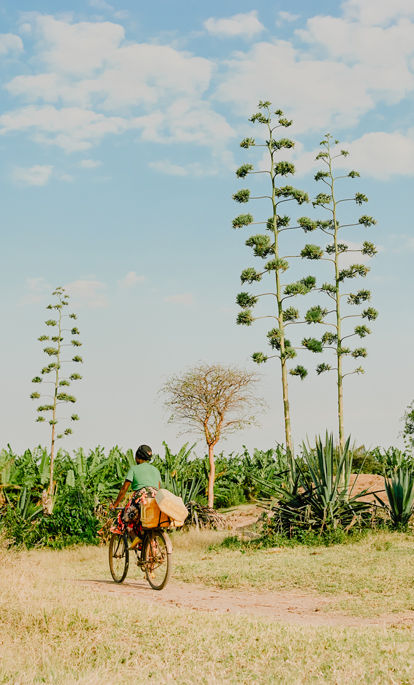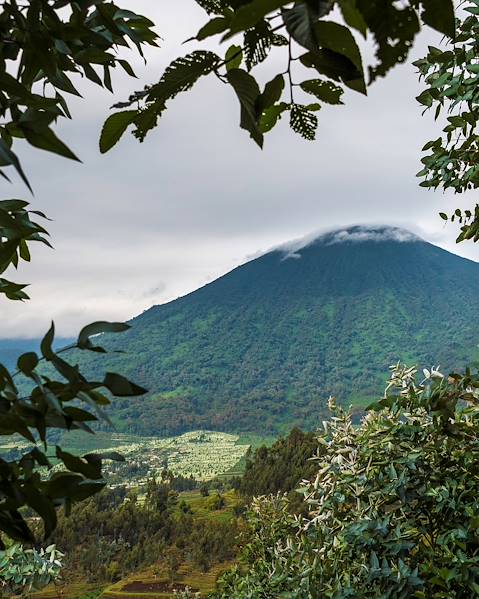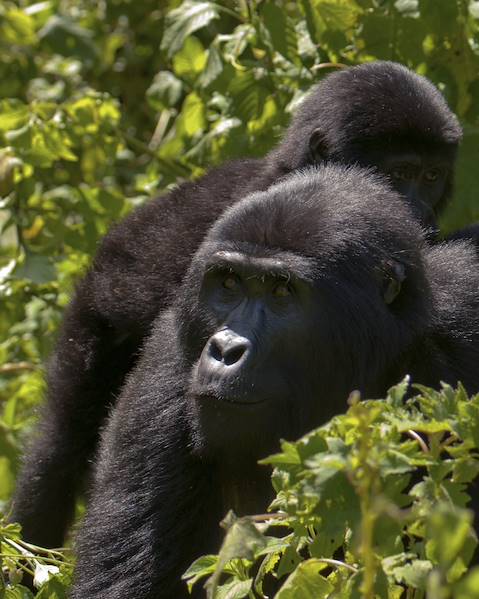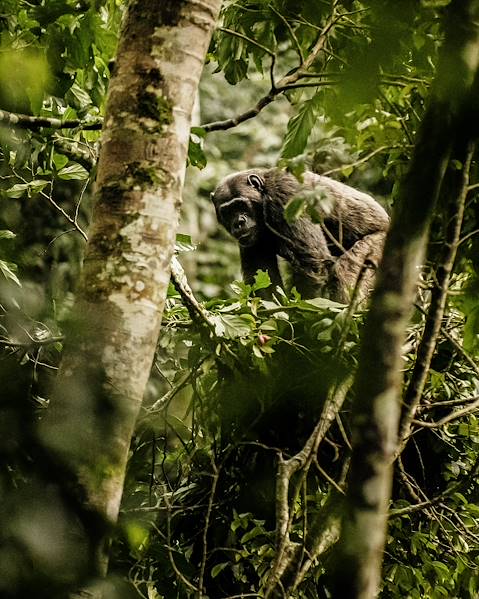Rwanda is known as ‘Land of a Thousand Hills’, and hilly it is. Its verdant forests that blanket the mountainsides are brimming with trekking opportunities, tea plantations and, of course, the odd endangered gorilla. Moving on from the turbulence of the past, Rwanda is having a moment and is an incredible place for an outdoor adventure and safari escape. Take a look at our guide of things to know before travelling to Rwanda…
Climate and Weather in Rwanda
Rwanda boasts a tropical climate with looming hillsides blanketed with rich forests. With four main climatic regions: eastern plains, central plateau, highlands and the regions around Lake Kivu, there is so much to explore in vastly differing weather systems. As a whole, Rwanda has a long rainy season from March to May and a short rainy season from September to November, with dry seasons in between from June to August and from December to February. The average temperature across the country sits at a comfortable 19° degrees Celsius and rain falls throughout the year, but mostly between September and May.
Food and Drink in Rwanda
Rwandan food is all about local produce and most of the population lives off subsistence farming, meaning their meals mostly consist of starchy crops. Those living in rural areas rarely eat meat, especially beef, as cattle is seen as a status symbol, but in urban areas, meat is more plentiful. Chicken and beef are particular favourites, and fish is popular with those who live near lakes. Start the day the right way with a sweet potato porridge washed down with a delicious cup of tea with milk and sugar. Lunch and dinner generally consist of boiled beans, bananas, sweet potatoes or cassava and fresh tropical fruits are enjoyed as snacks. While exploring this amazing country, be sure to stop at a roadside vendor or two and enjoy a taste of the roasted corn or barbecued meat on offer. Urwangwa wine or banana wine is Rwanda’s speciality beverage and is a must when in bars in villages or small towns across the country.
Language in Rwanda
The official languages of Rwanda are Kinyarwanda, Swahili, French and English. Kinyarwanda is spoken by 99% of the population while French (0.1%), English (0.2%) and Swahili (20%) are used less often. French was adopted as an official language after Rwanda became a Belgian colony in 1918 but was soon replaced by English in the late 20th century. English opens up economic opportunities and is currently the primary language for many Rwandese institutions. Swahili became an official language in 2017 after requests from the East African community for the language to be used in administrative functions and in official documents, as well as being adopted as part of the curriculum as a compulsory subject.
Health and Safety in Rwanda
Crime levels are low in Rwanda, but it is recommended that visitors still take sensible precautions. Some off-limits military zones in Kigali may not be well-lit or signposted. Take care when walking at night, especially when walking around less populated zones and at night. Lock car doors when driving, don’t leave valuables in cars when parked and don’t leave cars unsupervised in the town centre and don’t carry large amounts of money or other valuables. Due to instability in the Democratic Republic of Congo (DRC), the western side of Rwanda is also a little unstable at times, with reports of violent clashes and armed incursions. The Rwandan government have said that tourist sites have not been affected. Although gorilla trekking is open in the Volcanoes National Park, visitors should remain aware of the risks if travelling close to the border with the DRC.
According to Rwandan law, any person on Rwandan territory must have health insurance. If you need emergency medical help during your trip, dial 112 and ask for an ambulance. You should contact your insurance/medical aid company promptly if you are referred to a medical facility for treatment. The medical facilities in Rwanda are limited, so if a serious incident or illness, evacuation to South Africa or Kenya may be needed. Visitors should be aware that there was an outbreak of Ebola in the DRC in 2021 and there is a high risk of malaria in all areas of Rwanda.
Things to do in Rwanda
Trekking with mountain gorillas is at the top of many travellers’ bucket lists and with good reason. The dense, bamboo laden hillsides are home to some of the world’s last mountain gorillas and trekking to find them provides the opportunity to get up close and personal with one of Earth’s most endangered species. Although this is without a doubt the biggest draw in Rwanda, there are plenty of other things to do. Head to Akagera National Park for a safari with an expert guide where you will see a plethora of birds, giraffes and even the Big Five if you are lucky. Head for the hills for an entirely different experience: tea picking. Spend the day with local pickers, learning all the tricks of the trade before settling down in a tearoom with a view, with a cup of freshly picked tea. For a history and culture hit, the Kigali Genocide Memorial is key. It is impossible to explore Rwanda without thinking of the recent genocide in which 800,000 people died in just 100 days, so visiting the memorial is a great way to learn and pay respects.
Transport in Rwanda
You can drive using a UK driving licence or an International Driving Permit for up to one year. Roads from Kigali to all major towns are good. There can be landslides during the annual rains in late spring and autumn and it is best to avoid road travel after dark as roads are unlit and driving standards are poor. It is best to pre-arrange transport and shared taxis (mini vans) and motorbike taxis are the most common form of public transport within towns and across the country.
Additional Information
- The drinking age in Rwanda is 18 years old.
- Emergency numbers include 112 for police emergencies, 113 for traffic accidents and 116 to report abuse by a police officer, including bribery.
- Do not drink the tap water.
- The US dollar is widely accepted, but Rwandan Franc is necessary for smaller purchases, local transportation and food.
- Tipping is not customary unless you are dining at higher-end establishments in Kigali.
